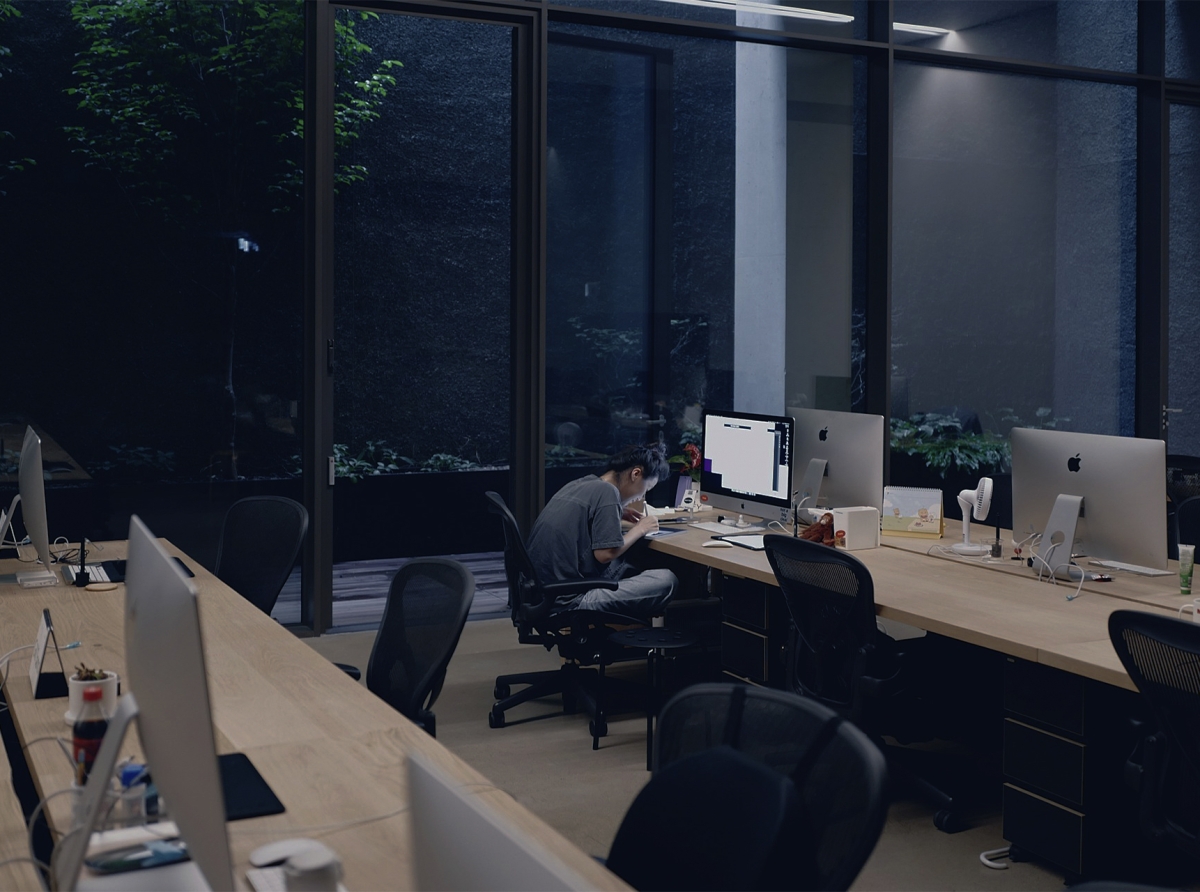Young Tech Workers Struggle in AI Boom: Job Fears and the Race to the Top

Young Tech Workers Struggle in AI Boom: Job Fears and the Race to the Top
The current AI boom, while propelling the tech industry to new heights, is having a chilling effect on the job market for young professionals. Recent graduates and early-career workers are facing a sharp decline in entry-level positions as companies leverage AI to automate tasks previously handled by junior staff.
This has created a climate of anxiety and intense competition, where simply having a computer science degree is no longer enough to secure a foothold in the industry.
This has created a climate of anxiety and intense competition, where simply having a computer science degree is no longer enough to secure a foothold in the industry.
The rapid advancement of artificial intelligence is reshaping the global workforce, but no group feels the pressure more acutely than young tech workers. While headlines celebrate the AI-driven market boom, a different story is unfolding for those just starting their careers.
The very technology fueling industry growth is also automating entry-level jobs, creating a bottleneck for recent graduates and forcing a generation of aspiring tech professionals to question their future. This is not just a cyclical downturn; it's a fundamental shift in the skills and value proposition required to succeed in tech.
The very technology fueling industry growth is also automating entry-level jobs, creating a bottleneck for recent graduates and forcing a generation of aspiring tech professionals to question their future. This is not just a cyclical downturn; it's a fundamental shift in the skills and value proposition required to succeed in tech.

Young Tech Workers Struggle in AI Boom: Job Fears and the Race to the Top
The Disappearing Entry-Level Job
Data paints a stark picture. A Stanford University study revealed that between late 2022 and July 2025, employment for workers aged 22–25 in jobs highly exposed to AI fell by 6%. For some roles, the drop is even more dramatic. In software development, employment for the youngest professionals plummeted by nearly 20% from its peak in late 2022. The unemployment rate for tech workers aged 20 to 30 jumped by 3 percentage points in the first part of 2025 alone.This trend is driven by tech executives who are cautiously integrating AI and choosing to automate junior-level tasks rather than hire new talent. Roles traditionally seen as a gateway into the industry—such as junior developers, customer service representatives, and data analysts—are now being significantly impacted by generative AI tools. This automation, combined with a post-pandemic hiring slowdown and increased global competition, has created a "perfect storm" for recent graduates.
A Generation's Anxiety and Response
The impact on young workers is profound, leading to what some call "job hugging"—clinging to unsatisfying roles out of fear of unemployment. A survey by Deutsche Bank found that nearly one in five Gen Z workers is "very concerned" that AI will eliminate their jobs within the next two years. This anxiety is significantly higher than among older generations.Many young people feel unprepared. Nearly half of Gen Z fears AI will harm their critical thinking skills, and a significant portion believe their education did not adequately prepare them for an AI-driven workplace. The job application process itself has become dehumanizing, with AI filters and automated rejections creating an alienating experience for applicants who don't know what skills will be valuable in the near future.
In response, many are racing to adapt. There is a surge in professionals and young people pursuing specialized AI courses and degrees to stay competitive. The consensus is that continuous upskilling is no longer optional but essential for survival.
Analysis and Forecast: The New Career Ladder
The traditional career ladder in tech is being dismantled. The bottom rungs are disappearing, and the skills required for entry are rapidly changing, with employers now seeking expertise in AI and big data. While some experts believe that, historically, young workers are best positioned to adapt to new technologies, the immediate future looks challenging.The World Economic Forum predicts that while AI will create new jobs, it will also displace millions, with 40% of employers expecting to reduce their workforce in areas where AI can automate tasks. The long-term outlook may be positive, with AI potentially creating more jobs than it eliminates, but the short-term displacement is creating a significant barrier for the next generation of tech talent.
Conclusion
The AI boom is a double-edged sword. While it drives innovation and economic growth, it is also eroding the traditional entry points into the tech industry. Young workers are caught in a difficult position, facing a shrinking job market for junior roles and immense pressure to constantly acquire new, advanced skills. Their ability to adapt will not only determine their own career trajectories but will also shape the future of the tech workforce itself. The race to the top has never been more intense, and it starts before the career has even begun.
By Claire Whitmore
October 31, 2025
Join us. Our Telegram: @forexturnkey
All to the point, no ads. A channel that doesn't tire you out, but pumps you up.
October 31, 2025
Join us. Our Telegram: @forexturnkey
All to the point, no ads. A channel that doesn't tire you out, but pumps you up.









Report
My comments